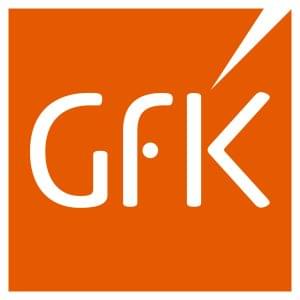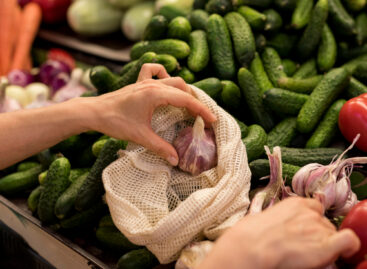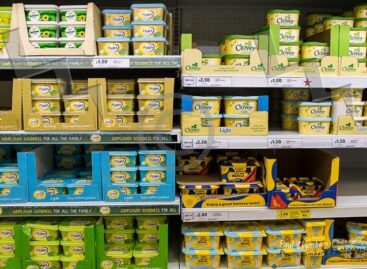In 2023 the key to success can be category and channel level analysis
According to Tünde Turcsán, FMCG director of GfK, the Hungarian consumer confidence index has kept falling in the last 1-1.5 years.
This article is available for reading in Trade magazin 2023/6-7.

Everything points in the direction of spending less

Tünde Turcsán
FMCG-director
GfK
This trend has also left its mark on the purchasing power of households: the EUR 8,700 that the average household has to spend only makes the country 30th in the European ranking. Eight from 10 households say they must spend less than before, and 63% can’t afford buying the same products as earlier. In February 2023 food prices were 43.3% higher than a year earlier, but households spent way less than the price increase. At the same time shopping frequency has been growing, while the basket size is reducing.
Promotions and strengthening discounters
All shopper surveys find that price and promotions have become much more important for households than before. Discount supermarkets managed to continue their expansion. There were only three retail channels – discounters, drugstores and online – which could develop above the 16.8% market average and increased their market share in comparison with 2021. There are big differences in basket composition between physical store and e-commerce. Fresh food sales have an 18% share online but 30% in brick-and-mortar stores. In 2022 large baskets became less frequent in offline retail and small baskets became more important. In the online channel large and diverse baskets dominate. In physical stores the average basket value is around HUF 16,000, while online it is HUF 24,000-25,000.
Online FMCG sales up 30%
Online FMCG sales have a 2.3% value share of the total market, paired with a 22% penetration level. Per capita spending has been rising sharply in recent years. Online FMCG sales augmented by 30.1%, thanks to increased shopping intensity and acquiring new customers from various offline channels. 62% of households are of the opinion that online shopping is much more comfortable, and home delivery can be very flexible. What about those who don’t shop online? 58.45% said online shopping can’t substitute the experience of purchasing groceries personally, as customers can’t take the products in their hands. Earlier 21% said online shopping was more expensive, by now this proportion has dropped. Some households still don’t trust online shopping, but their number is reducing.
On-time delivery is very important for shoppers
When people choose where to shop for groceries online, first and foremost they want the courier to deliver exactly the same products as they have ordered. Households still very often complain that they didn’t get what they actually wanted to buy. Shoppers also want the website to be easy to navigate. Another essential requirement is on-time delivery, together with product prices and finding everything in the online shop that is available in physical stores. 32% of Hungarian households buy FMCG products online, and only 5% do it more times a month. 16% belong to the group of medium-frequency online buyers – they purchase FMCG products online 1-2 times a month. Those consumers who do this less often than every two months constitute the light segment.
As regards store choice and satisfaction, the No.1 concern of shoppers is to have easy access to the store from their home or the workplace. Next comes the low price for certain products, and the third factor is good promotional offers. Product quality and opening hours only come after these. As there are so many ways of saving money, this year the key to success can be analysing what is happening by product category, because it is only based on these results that we can react specifically, deciding how to communicate with shoppers and what we can do to protect brands. //
Related news
Online and discount grocery to experience fastest growth in next 5 years
Online and discount grocery channels are set to experience the…
Read more >Shoppers don’t want sustainable, but they want organic?
In Germany the proportion of people who regularly buy sustainable…
Read more >German consumers save a record amount on sustainable food
The propensity to buy sustainable products in Germany has fallen…
Read more >Related news
Plant-based brands risk losing consumer interest, says Flora exec
Flora Food Group marketing director Ian Hepburn has warned that…
Read more >Albertsons Terminates Merger With Kroger
Albertsons has terminated its $25-billion (€23.7 billion) merger agreement with Kroger after…
Read more >Zalando acquires rival About You
Zalando is buying out its German competitor About You. Both…
Read more >







